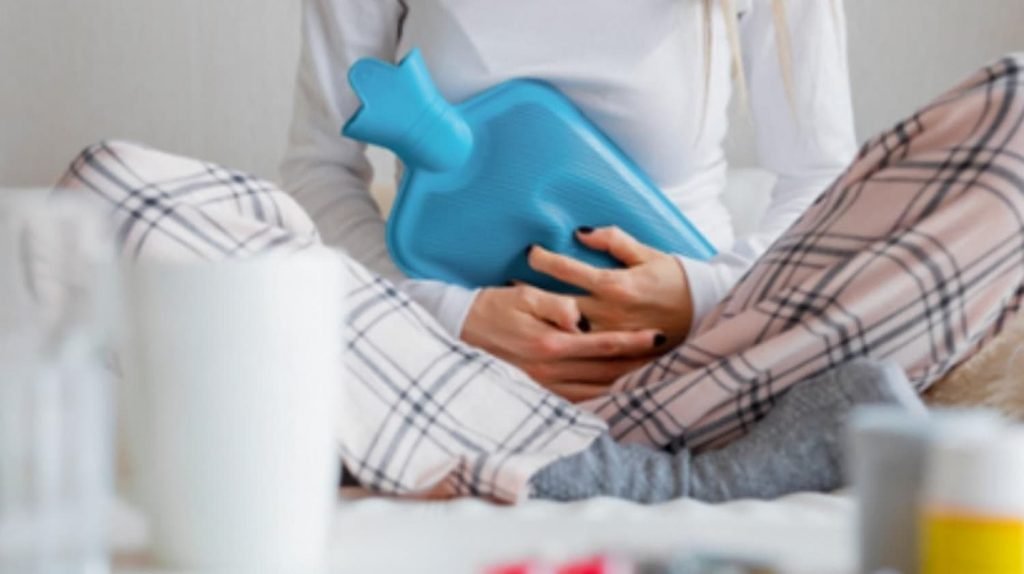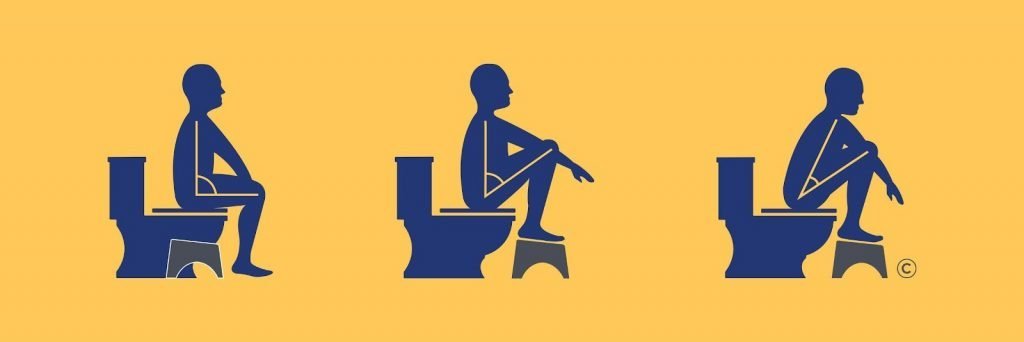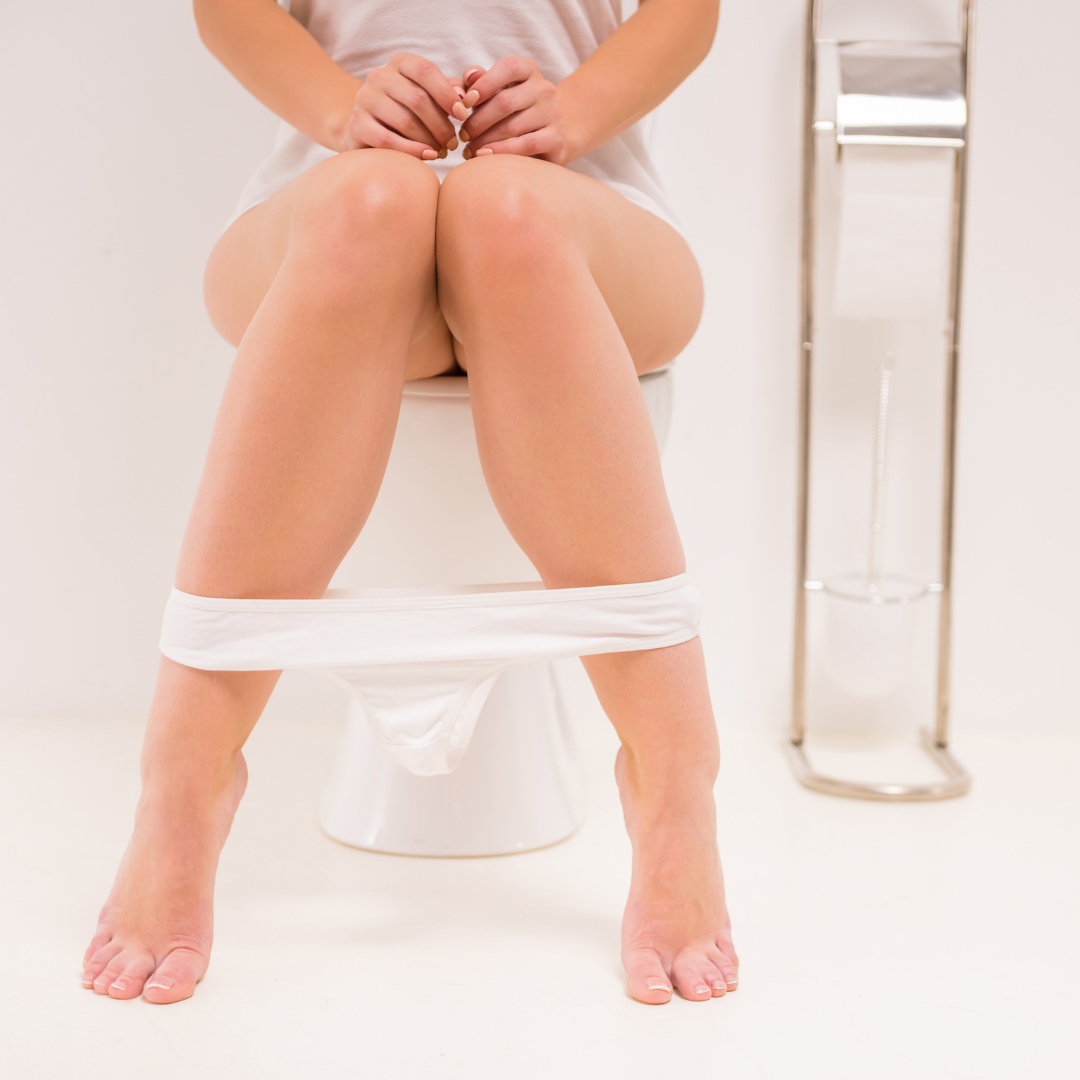It’s a woman thing!!! (mostly)
Seriously… most men can set their watches by what time they go for a poo! Us ladies have to work really hard to achieve what they seem to do effortlessly every day. Why is this I hear you cry? I believe there are a few reasons…..
It’s embarrassing!
We seem to be embarrassed about when & where we go, who’s around us, if it’s going to smell & who can hear us. So, if we get the urge to go, we don’t. Holding it in, sometimes all day! The longer waste stays in the bowel the more liquid is extracted, causing the stool to be extremely hard, dehydrated & difficult to pass. We all have to poo….don’t be embarrassed!
Don’t ignore the urge!
When waste enters our rectum, lots of nerves send signals to our brain, letting us know it’s time for a bowel movement. Ignoring this can only have a negative impact on those sensory nerves. I often start a colonic only to find the rectum is full & they have no sensation of needing a bowel movement at all. Lots of women say they never feel the urge to go!
So, when your body indicates you need to empty your bowel…. empty it!
Make time
Were so busy organising the general running of the home, sorting the kids out & work, having a bowel movement is not on our list of things to do!
Choose a time that is right for you! Generally, after eating a meal the gastrocolic reflex is stimulated, this is a normal involuntary reaction to food entering the stomach. When food enters this organ, the body releases a hormone that causes the colon to contract. These contractions move previously eaten food further through the digestive system, which can result in the urge to pass stool.
Your rectum has 2 sphincter muscles, in order to empty your bowels both sphincter muscles need to relax & open, this can take time. You can help to relax these sphincters by stimulating the external sphincter with your finger, either through a piece of tissue paper or using a glove & some lubrication. Gently pressing or rotating your finger on your external sphincter will relax your internal sphincter, which can help stimulate a bowel movement.
So take a magazine, relax & make a little time, it won’t happen in 20 seconds!
We’ve got a lot going on down there!
During virginal childbirth, the anal sphincter & pelvic floor muscles can be damaged or torn. Your pelvic floor muscles have been stretched & weakened. These muscles allow us to control bowel movements so you can understand why this would impair the ability to empty your bowels easily. Prolapses can occur in both virginal & c section births, causing narrowing of the rectal passage.So do your pelvic floor exercises ladies, they really do help.

Polycystic Ovarian Syndrome
PCOS is a common hormonal disorder affecting women in the reproductive age range. Symptoms include irregular periods, excessive hair growth, thinning of scalp hair, acne, obesity, difficulty in losing weight, infertility, skin changes & IBS symptoms.
Diet & Lifestyle changes are thought to help manage this condition.
Could your IBS be linked to your pcos?

Endometriosis
Endometriosis is often a painful disorder in which tissue similar to the tissue that normally lines the inside of your uterus (the endometrium) grows outside of the uterus.
The endometrial-like tissue acts as endometrial tissue would, it thickens, breaks down and bleeds with each menstrual cycle. But because this tissue has no way to exit your body, it becomes trapped. Surrounding tissue can become irritated, eventually developing scar tissue and adhesions causing pelvic tissues and organs to stick to each other.
Adhesions are generally found throughout your pelvic area, around your ovaries, uterus, bladder & bowel. The symptoms of bowel endometriosis are similar to those of irritable bowel syndrome, usually worsening in the days before and during a period. Because of this it can often be mis- diagnosed.
Many of my clients find Colonic Hydrotherapy really helps to alleviate some of the discomfort cause by Endometriosis.
Position
Squatting, as opposed to sitting, may be a game-changer when it comes to emptying your bowels.
In order to understand why squatting is better it is important to understand some of the anatomy behind defecating. For stool to pass out easily, it is logical that the passage through which stool moves needs to be as ‘straight’ as possible to be expelled with ease.
When sitting this passage becomes kinked primarily by the muscles that support the rectum. The kinking of the rectum makes it more curved or folded and stool cannot pass through as easily. With squatting the angle changes thereby making the passage straighter. Stool can move through with less difficulty. Squatting can therefore be highly beneficial for people with constipation and other lower bowel problems.

Squatty Potty foot stools are ideal for attaining this position. Easy to use & some are foldable for discrete storage.




